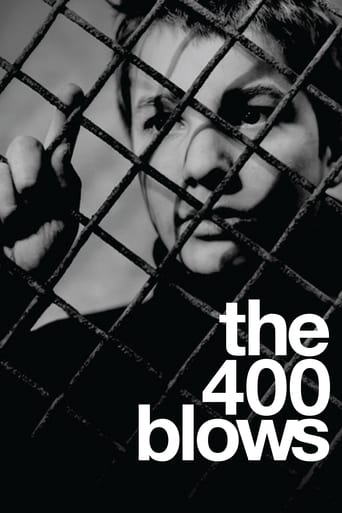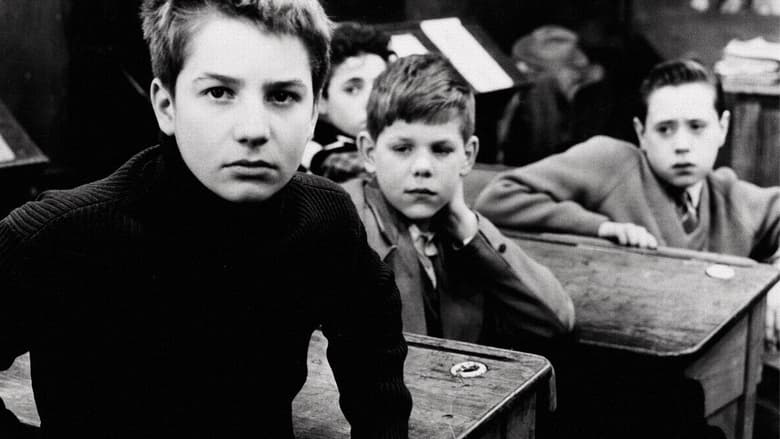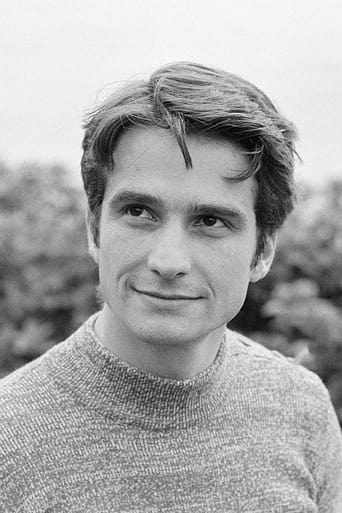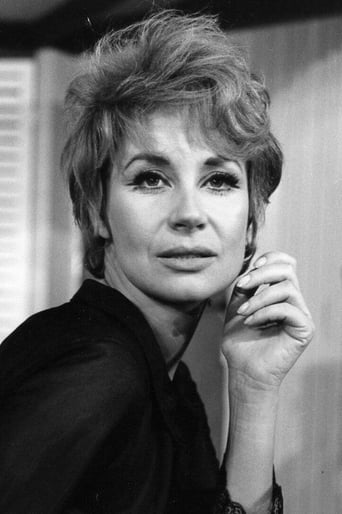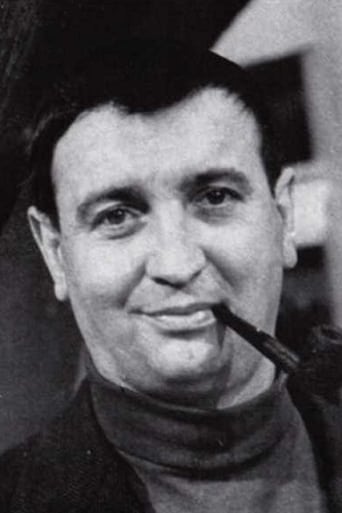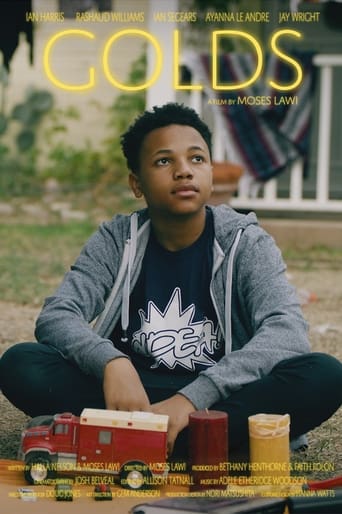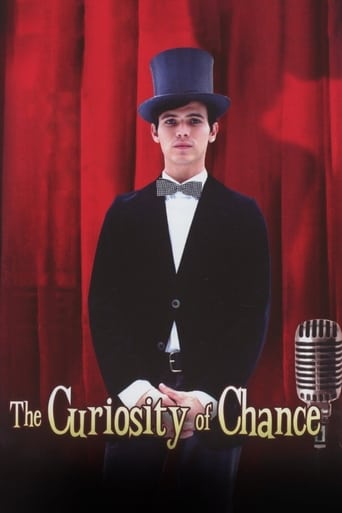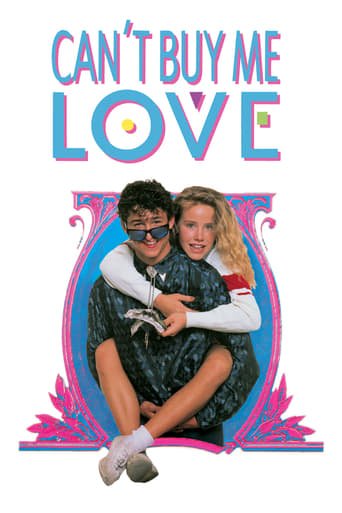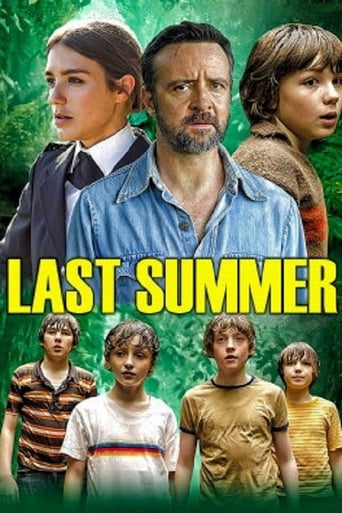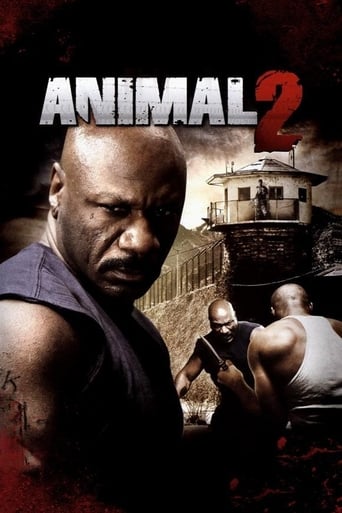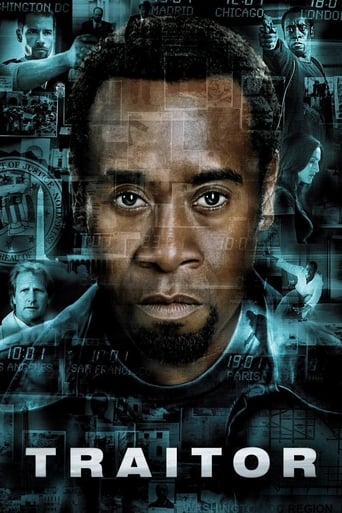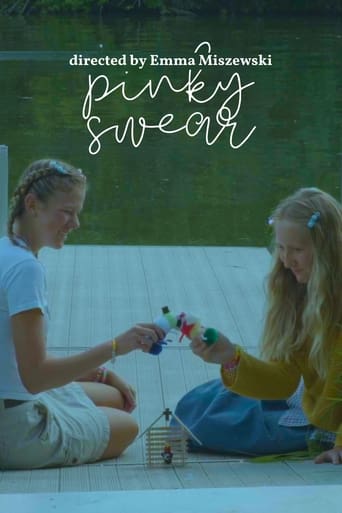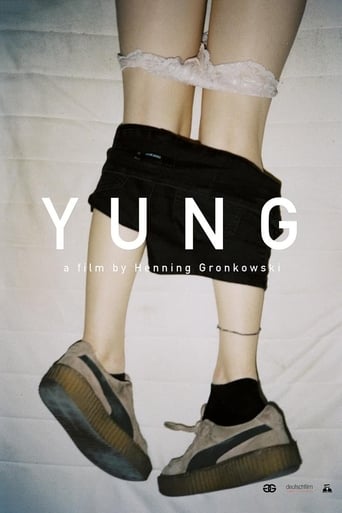The 400 Blows (1959)
For young Parisian boy Antoine Doinel, life is one difficult situation after another. Surrounded by inconsiderate adults, including his neglectful parents, Antoine spends his days with his best friend, Rene, trying to plan for a better life. When one of their schemes goes awry, Antoine ends up in trouble with the law, leading to even more conflicts with unsympathetic authority figures.
Watch Trailer
Cast


Similar titles
Reviews
Truly Dreadful Film
A Major Disappointment
a film so unique, intoxicating and bizarre that it not only demands another viewing, but is also forgivable as a satirical comedy where the jokes eventually take the back seat.
Although I seem to have had higher expectations than I thought, the movie is super entertaining.
A young boy, left without attention, delves into a life of petty crime. The 400 Blows or also known as 'Les Quatre Cents Coups' is once again another movie that never reaches whatever potential it could reach but also wastes it's time with a character that wasn't much interesting to begin with and as i have reached slowly the end of the Top 250 i find myself disappointed with the movies that IMDb has selected to put on their list unlike some truly amazing movies that truly have big potentials as a whole and we get movies like this for some reason. (0/10)
What a dreadful disenchantment! What a shame of life! What a pity of parents! Sorry boy, it is not your entire fault: your school mates also want to run away from those 'chaotic' kind of teachers and miserable classroom. You are not the only one willing to do it, although your brightness looks like missing from your head-box and it is probably in your 'bollocks'. The educated ones once said: "the apple does not fall far from the tree", so Antoine darling, do not expect too much from this life, because it was your mother who drew your path since she gave you birth. What is more, did not you see her kissing that disgusting guy whilst crossing the pedestrian crossing? She does not give you money, she is not even interested in what you are studying at school... What kind of mother is that!? Yes, but do not forget to throw the garbage away...Ah, right, I understand. Only when you missed things up she comes to you and says "if you do this, I will give you that". Oh, come on! But even so, after all your 'minor effort' in Honoré de Balzac to get better marks, here comes the other nuts scatterbrained tutor and throws away all your effort. Even I would not make any effort to study in that case.However, remember that you have a treasure, which name is 'René'. Such a lovely friend, always helping and giving the most accurate advice. What a bad luck at the end, though, when he could not visit his friend Antoine, after a long journey with the bicycle. But, at any rate, Antoine is a good kid. When he has to take away the garbage he does it. When he has to study, he also does it. Even when his tutor tells him off and orders him to clean or do anything, he is listening! Let us not forget that after stealing the typewriter, it was him who decided to go back and leave it from where he took it, and it was not his Chicken-René-friend. I truly believe that François Truffaut wanted to show us the 'lack of child guidance' combined with the unhappy home life, Antoine's mistakes and his behavior towards the consequences. This movie reminded me of both Billy Elliot and Forrest Gump, given the fact that all characters are running towards desperate destinations, in a crucial time of their lives. I enjoyed the movie and the French expressions, but I disagree that this movie is better than Ben-Hur (1959) or Strangers on a Train (1951).
"400 Blows"... uh... how can I start? I've begun french movies with this masterpiece. It is the best french movie in my opinion and my second favorite movie. The director, Francois Truffaut reflects Antoine Doinel's life as a real experience. He actually shows his troubled childhood in the "400 Blows" and this makes the movie the first example of French new wave movies. I felt while watching that when Antoine walked, I walked. When he ran, I ran. I experienced his life as mine. This is one of the most important feature of French new wave movies (Nouvelle Vague) , so life can be seen more real in these type of films. That's because I feel real emotions and sorrows. That's because I adore this movie, and Truffaut himself. Antoine Doinel feels distress because of his family and society around him. He can't show himself up at school or in life. He lives with lies and a bad family. Everything around him is shattered and drags him to do forbidden things like committing a theft. These troubles make him escape from his wicked life. In the final scene, we can see that he runs without a backward glance. Some people cannot understand why Truffaut finishes this movie like this and why Antoine runs. Trying to get over his life is the explanation of it and Antoine's inevitability is the final moment. The sea represents he cannot get over from his life. The expression on his face is the symbol of desperation. "400 Blows" will remain in my favorites in short. Every human being should see this.
To not have a mother's love is one of the most heartbreaking things in life. Antoine Doinel is an example of a kid who, on the surface, has a stable home life – with a roof over his head, a decent school, and parents who look out for him, albeit with them sometimes taking turns as one or another is often out at night. However, as the movie progresses, we get glimpses of just how difficult the young man's life is – his mother's infidelity, overheard arguments, and their careless comments. The way Truffaut slowly reveals the details is masterful, which is all the more impressive given this was the director's first film. Doinel is played by Jean-Pierre Léaud, who at 15 was taken under the 27-year-old Truffaut's wing as a kindred spirit of sorts, and he turns in a remarkable performance – natural, honest, and highly realistic. We see him acting out in school, cutting class, and getting into trouble. Even when he does try to apply himself, reading Balzac, it ends wrong at home, with the candle he's lit in a small shrine of sorts starting a fire, and at school, where out of inspiration he paraphrases Balzac so closely that he gets an F for plagiarism.There are many great shots, and the film is beautiful. The street scenes in Paris. A swirling centrifugal carnival ride. The shot from atop a tall building, which follows a school teacher as he leads the kids down the street, only to have groups of two and three of them peeling off along the way to get into mischief. Little children watching a puppet show, with rows and rows of faces reacting with such natural animation, and unmistakably telling us of their emotions. The interview with the psychologist, shown from her perspective, as Doinel answers her questions about why he lies and steals in a straightforward manner. That's a very powerful scene, and one that really ties it all together emotionally. This film will impact you. Its ending leaves the young man's fate unresolved – just as in life. He's at a crossroads of sorts. He may get into further trouble and spiral, becoming a criminal, or he may be saved by a passion for something, as Truffaut himself was with cinema, or by his inner good nature. We certainly hope for the latter, but can't help but worry. Put up with by his stepfather but unloved, a nuisance to his mother and deep down unwanted, labeled a bad kid by his teachers and put into the system – these things go deep into his core. In a non-cloying way, the film explains why some people turn out as they do, and makes us want to be more understanding and kind.

